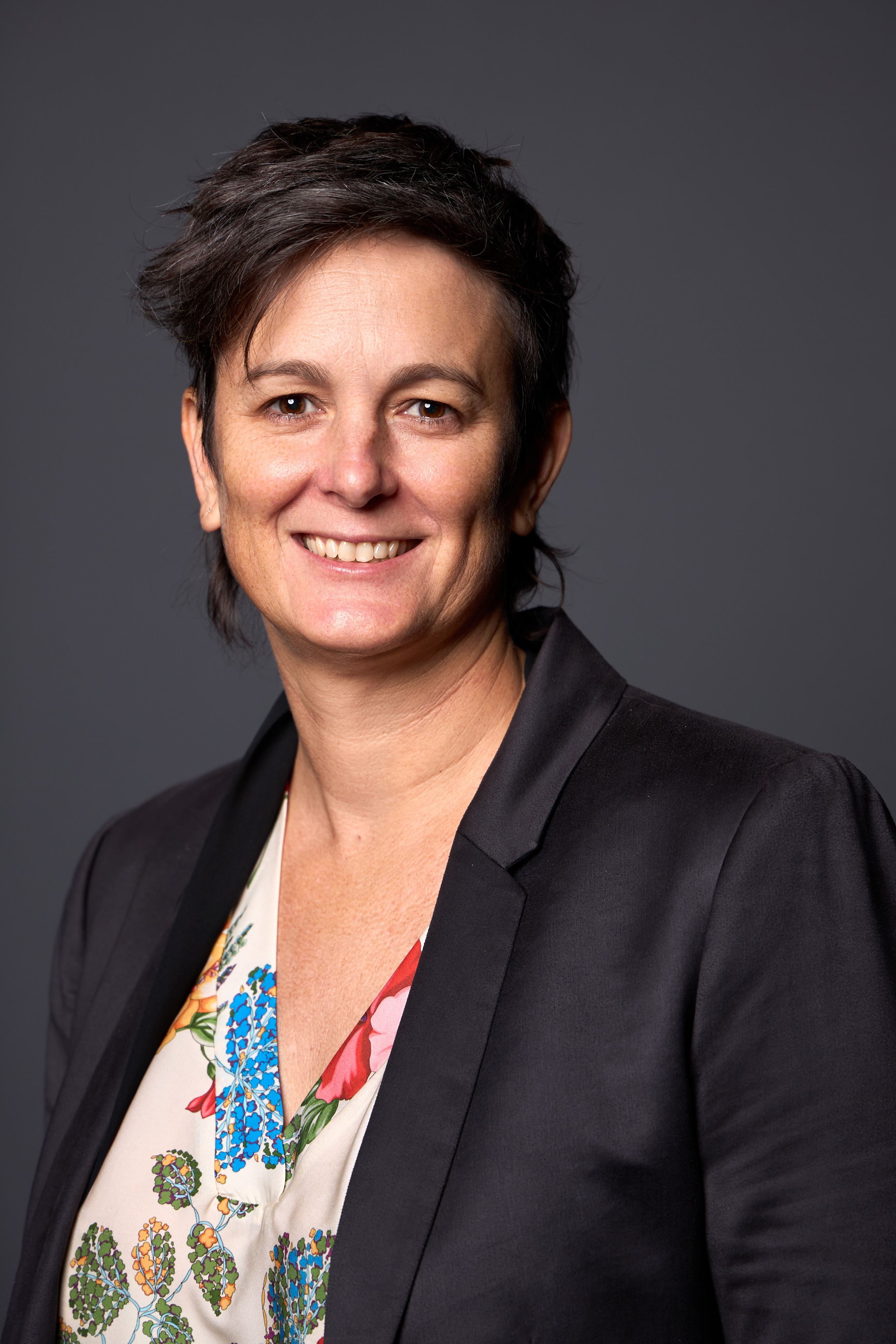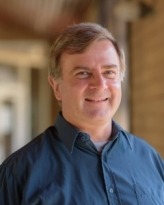Overview
This workshop aims to provide a multidisciplinary forum for researchers from disparate fields to discuss recent advances in decision making, identify research challenges, and explore potential collaborations.
We invite contributed talks on topics including but not limited to the following:
We also invite submissions of original research articles to a special issue of the Annals of Operations Research, which is on the same topic as the workshop. A CFP for the special issue will be forthcoming.
Register using the link below to join us in the workshop.
Keynote Speakers
Iadine Chadès, Principal Research Scientist, CSIRO
Title: Developing ML and AI Decision Tools for Conservation
Bio:
Iadine's research is at the forefront of linking domain sciences such as ecology, epidemiology, synthetic biology with quantitative tools from the field of artificial intelligence (AI). She develops AI methods to provide guidance on how to make smart decisions under imperfect knowledge and resource constraints. |
Alan Hájek, Professor, Australian National University
Title: Ω Bio:
Alan Hájek's research interests include the philosophical foundations of probability and decision theory, epistemology, the philosophy of science, metaphysics, and the philosophy of religion. His paper "What Conditional Probability Could Not Be" won the 2004 American Philosophical Association Article Prize for "the best article published in the previous two years" by a "younger scholar". The Philosopher's Annual selected his "Waging War on Pascal's Wager" as one of the ten best articles in philosophy in 2003. |
Schedule
All times are in Australian Eastern Standard Time
| 08:30 | Registration | |
| 09:00 | Opening Address: Prof. Jenny Seddon, Acting Executive Dean, FoS, UQ | |
| Keynote | ||
|---|---|---|
| 09:05 | Alan Hájek | |
| 09:50 | Coffee | |
| Session A. Ubiquitous Uncertainties | ||
| 10:20 | Dragan Rangelov | Perceptual Decision Making Relies on Reducing Uncertainty about Neural Sensory Representations |
| 10:40 | Antonio Rosato | Quality is in the Eye of the Beholder: Taste Projection in Markets with Observational Learning |
| 11:00 | Frankie Cho | How Uncertainty Changes Optimal Decisions for National Land Use Change |
| 11:20 | Break | |
| Session B. Operations Research | ||
| 11:30 | Michael Forbes | An Exact Algorithm for the Pickup and Delivery Problem with Time Windows and Demand Uncertainty |
| 11:50 | Rick Jeuken | Active Set Methods for Solving Large Sample Average Approximations of Chance Constrained Optimisation Problems |
| 12:10 | Kazutoshi Yamazaki | On the CUSUM Procedure for Phase-Type Distributions: A Levy Fluctuation Theory Approach |
| 12:30 | Lunch | |
| Keynote | ||
| 13:30 | Iadine Chadès | |
| 14:15 | Coffee | |
| Session C. Planning | ||
| 14:45 | Marcus Hoerger | Adaptive Discretization using Voronoi Trees for Continuous-Action POMDPs |
| 15:05 | Luz Pascal | A Universal 2-state n-action Adaptive Management Solver |
| 15:25 | Nicholas Collins | Locally-Connected Interrelated Network: A Forward Propagation Primitive |
| 15:45 | Break | |
| Session D. Reinforcement Learning | ||
| 15:55 | Jun Ju | Model-based Offline Reinforcement Learning for Sustainable Fishery Management |
| 16:15 | Vektor Dewanto | Discounting-Free Reinforcement Learning from Transient States |
| 16:35 | Konstantin Avrachenkov | Full gradient DQN Reinforcement Learning: A Provably Convergent Scheme |
| 16:55 | Closing Remarks | |
Venue
Buses
Translink provides safe and convenient bus options to get from and to St Leo's college. The bus stops closest to the venue are UQ Lakes Busstation and UQ Chancellor's place.Parking
Casual parking is available across the campus for 5 AUD per day within the blue parking zones in UQ's parking map.Wifi
Wifi access is provided via the campus-wide Eduroam network.Submission
Deadline for submission: 17 June 2022
Notification of accepted submissions: 21 June 2022
Registration
Organizers
Hanna Kurniawati, ANU
Marcus Hoerger, UQ
Dirk Kroese, UQ
Jerzy Filar, UQ
Contact
Sponsors
The Australian Research Council

